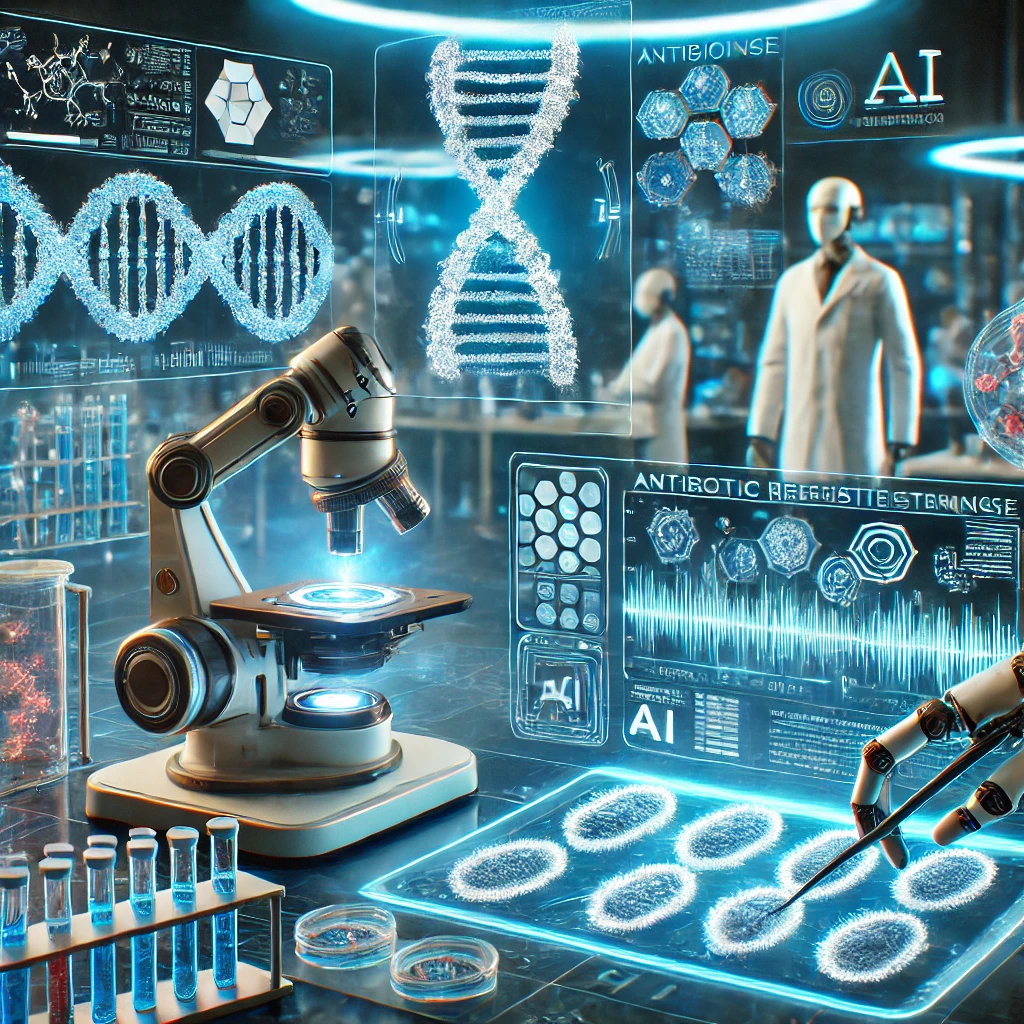Introduction
Introduce the concept of conversational AI tools like ChatGPT and how they’re changing the way people search for information. Mention Google’s position as the leading search engine and the potential challenges it faces with the rise of AI-based search experiences.
1. Current State of Google Search: Dominance Through Data and Algorithms
- Overview of Google’s Search Process: Explain how Google’s search algorithm relies on complex ranking factors, including backlinks, content relevance, and user behavior.
- User Dependency on Google: Discuss Google’s vast ecosystem, including services like Google Maps, Google News, and Google Ads, that reinforce its dominance.
Example: Mention how Google’s search results have evolved over the years to prioritize user intent, local search, and real-time information.
2. The ChatGPT Search Experience: A New Paradigm
- Conversational Interaction: Unlike traditional search engines, ChatGPT provides a conversational response to queries, making the search process feel more intuitive and interactive.
- Deep Contextual Understanding: Large language models can handle complex queries with multiple parts, providing comprehensive answers that go beyond single-page search results.
- Multi-turn Conversations: ChatGPT allows follow-up questions within the same session, creating a seamless experience where users can refine their search in real time.
Example: Illustrate how a user asking, “What’s the best way to market a startup?” could receive a structured, step-by-step answer from ChatGPT, compared to a list of links in Google search.
3. Potential Advantages of ChatGPT Over Google Search
- Personalized Responses: ChatGPT can adapt responses based on user input, giving tailored answers rather than generic results.
- Reduction of Information Overload: Instead of sifting through multiple links, users receive a concise, direct answer.
- Enhanced Learning Capabilities: ChatGPT can explain complex topics conversationally, making it ideal for educational or technical queries.
Example: Explain how ChatGPT’s ability to explain technical subjects in simple terms can make it more appealing to users seeking clarity on complex topics.
4. Challenges ChatGPT Faces in Competing with Google
- Data Freshness: Google’s algorithms index information in real-time, while ChatGPT’s responses depend on its last training data and lack live web access (or are limited in their retrieval abilities).
- Search Scope and Breadth: Google’s extensive database covers diverse content, from niche forums to scientific papers, which may be beyond ChatGPT’s scope.
- Reliability and Bias: ChatGPT may present responses confidently but can occasionally give incorrect information or reflect bias present in its training data.
Example: Compare how Google can provide live updates on a topic (e.g., “latest COVID-19 news”) whereas ChatGPT may struggle with real-time accuracy.
5. How Google is Adapting to the AI Revolution
- Google’s AI Initiatives: Introduce BERT, MUM, and the recent Gemini AI, all aimed at understanding and improving search relevance.
- Bard and Conversational AI Experiments: Discuss Google’s response with its own conversational AI, Bard, and how it could integrate with search to offer a more interactive experience.
- AI-Augmented Search Results: Google’s move to add AI-generated summaries, suggested articles, and enhanced snippets to create a more comprehensive search experience.
Example: Explain how Bard could serve as a conversational companion within Google search, allowing users to choose between traditional links and conversational responses.
6. The Future of Search: Will Google and ChatGPT Coexist or Compete?
- Complementary Roles: ChatGPT could serve as a complementary tool, offering conversational responses for complex queries, while Google remains the go-to for quick fact-checking and real-time information.
- The Hybrid Search Model: Envision a future where Google integrates more conversational AI, allowing users to select between traditional search and AI-powered answers based on their needs.
- Expansion of AI-Driven Vertical Searches: Specialized AI models for health, finance, or travel could offer deeper, expert-driven insights, changing how users navigate information in these fields.
Example: Highlight scenarios where a user may choose Google’s AI-driven snippets over ChatGPT’s more conversational approach, such as for breaking news or location-specific searches.
Conclusion
Conclude by discussing how AI-driven search is creating a paradigm shift that Google must adapt to. Emphasize that both Google and ChatGPT bring unique strengths to the search experience, hinting that future search engines may blend both functionalities to create a more user-friendly, comprehensive, and intelligent search ecosystem.
Learn More with Abdallah Battah





